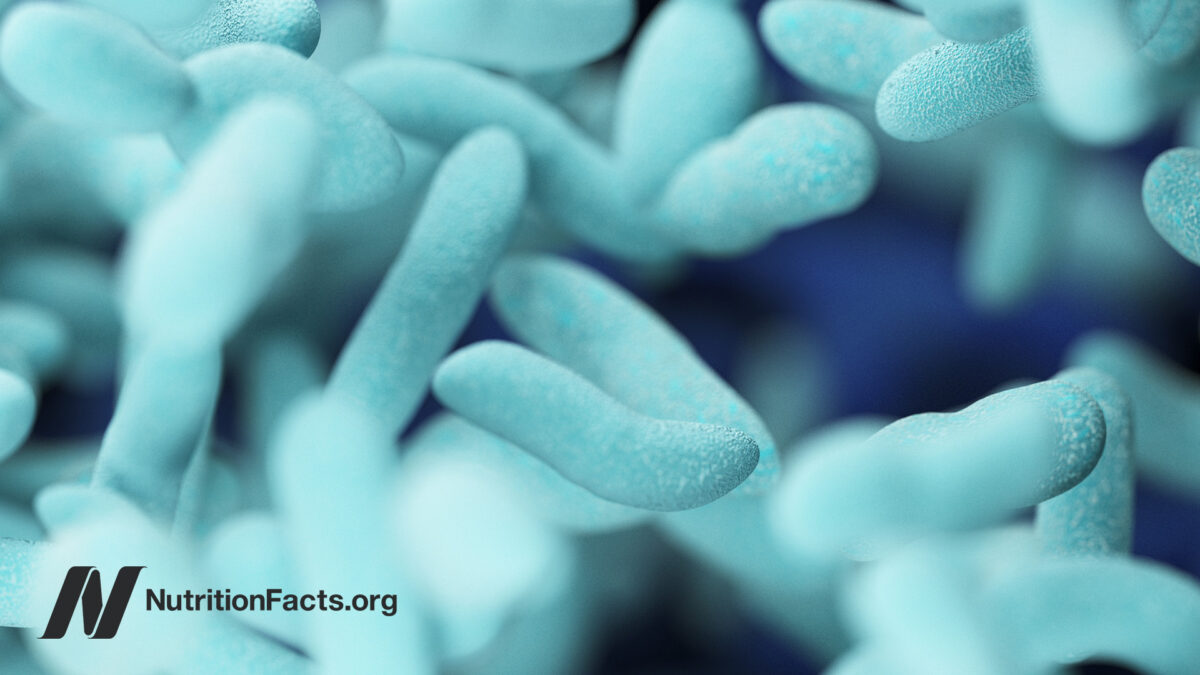
Microbiome
All animals and plants appear to establish symbiotic relationships with microorganisms, and, within us, the trillions of good bacteria in our gut can be thought of as a forgotten, additional organ—metabolizing, detoxifying, and activating many crucial components of our diet.
Health-promoting effects of our good bacteria include boosting our immune system, improving digestion and absorption, making vitamins, inhibiting the growth of potential pathogens, and keeping us from feeling bloated. Should bad bacteria take roost, however, they can produce carcinogens, putrefy protein in our gut, produce toxins, mess up our bowel function, and cause infections.
The symbionts—the good bacteria that live in symbiosis with us—are largely nourished by fruits, vegetables, grains, and beans. Pathobionts, the disease-causing bacteria that may disrupt our microbial balance, instead appear to be fed by meat, dairy, eggs, junk food, and fast food.
Indeed, what we eat determines what kind of bacterial growth we foster in our gut, which can increase or decrease our risk of some of our leading killer diseases.
What happens to our gut flora microbiome when we’re on plant-based versus animal-based diets? Researchers have found that a strict vegetarian diet resulted in reduced intestinal inflammation, suggesting a promotion of homeostatis in our microbiome. In contrast, an animal-based diet has helped contribute to growth of disease-associated species, like Bilophila wadsworthia, which is associated with inflammatory bowel disease, and A. putredinis, found in abscesses and appendicitis, as well as decreases in fiber-eating bacteria.
The human gut has a diverse collection of microorganisms making up around 1,000 species, with each individual presenting with her or his own unique collection. Yet, simply put, the bacteria are what we eat. Eat fiber, and the fiber-munching bacteria multiply, and we get more anti-inflammatory, anti-cancer short-chain fatty acids. Eat less fiber, and our fiber-eating bacteria starve away.
What’s more, there appear to be only two types of people in the world: those who have mostly Bacteroides type bacteria in their gut, and those whose colons are overwhelmingly home to Prevotella species instead. It’s amazing that with so many hundreds of types of bacteria, people settle into just one of two categories. Our guts are like ecosystems. Just like there are lots of different species of animals on the planet, they aren’t randomly distributed. You don’t find dolphins in the desert. In the desert, you find desert species. In the jungle, you find jungle species. Why? Because each ecosystem has different selective pressures, like rainfall or temperature. We now know, when it comes to gut flora, it doesn’t seem to matter where we live, whether we’re male or female, or how old or skinny we may be. What matters is what we eat: Components found more in animal foods like protein and fat are associated with the Bacteroides enterotpye, and those found almost exclusively in plant foods are associated with Prevotella.
If whatever gut flora enterotype we are could play an important role in our risk of developing chronic diet-associated diseases, such as obesity, metabolic syndrome, and certain cancers, can we alter our gut microbiome by altering our diet? Yes. Diet can rapidly and reproducibly alter the bacteria in our gut.
For substantiation of any statements of fact from the peer-reviewed medical literature, please see the associated videos below.
Popular Videos for Microbiome

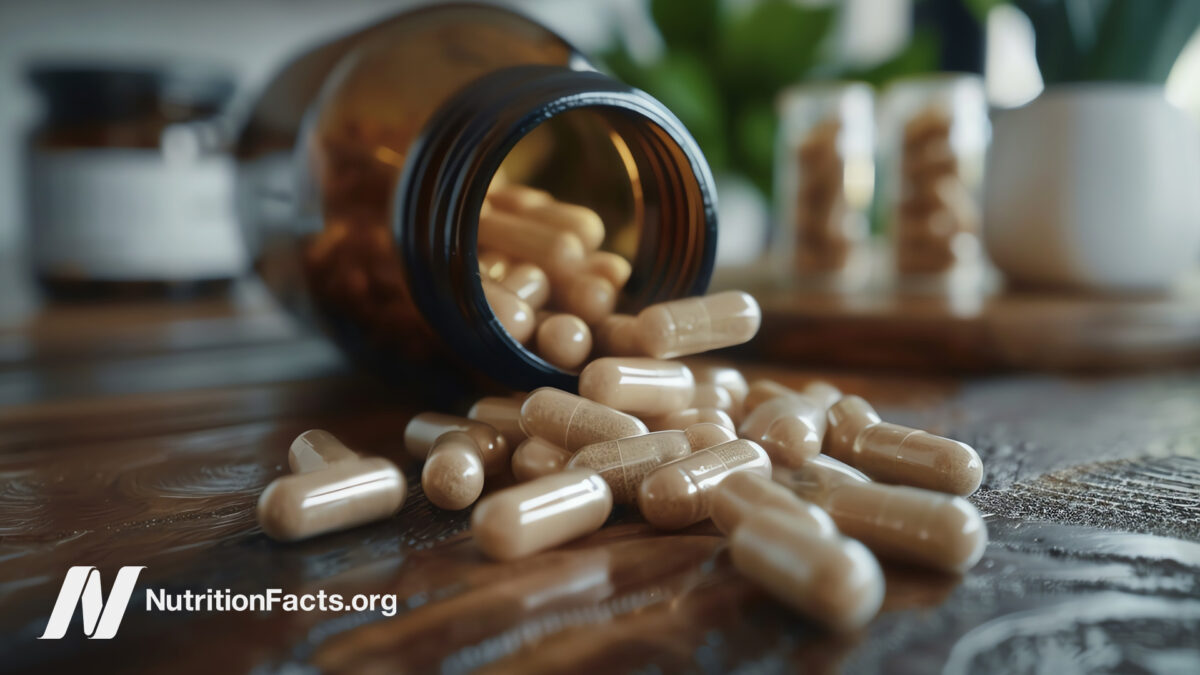
The Benefits and Side Effects of Probiotic Supplements
Probiotics can actually interfere with microbiome recovery after antibiotics, rather than facilitate it.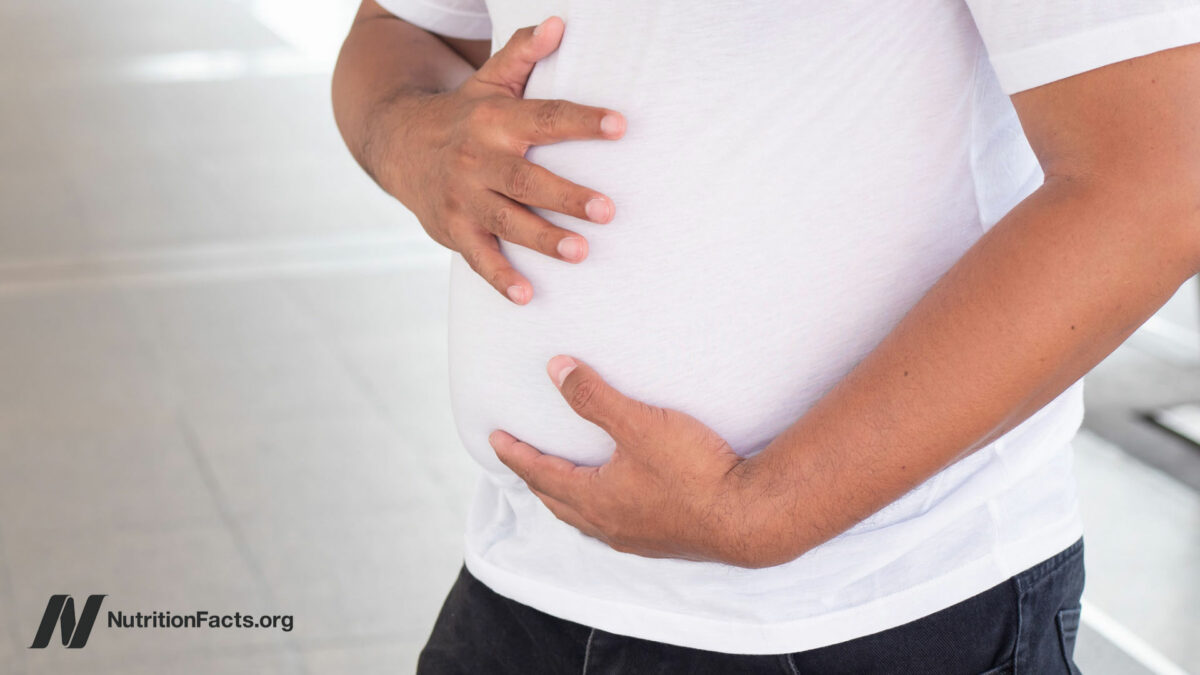
Fecal Transplants for Aging and Weight Loss
Does poop from centenarians have anti-aging properties?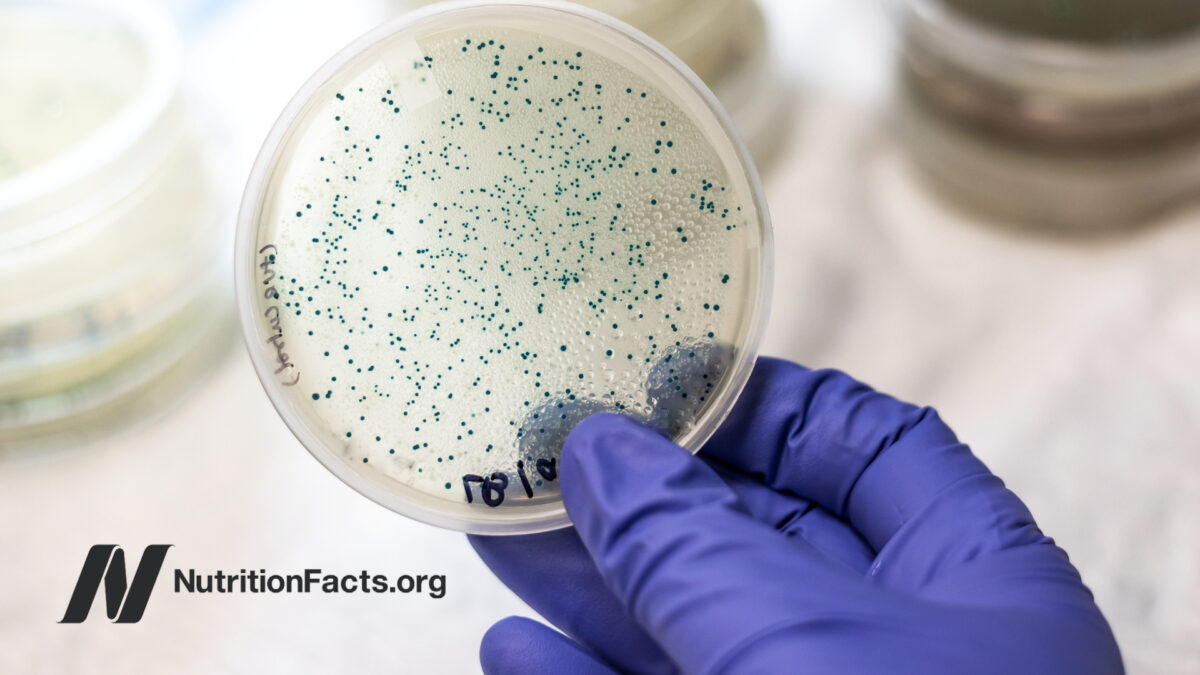
Antibiotic Resistance Genes in the Guts of Vegetarians vs. Meat-Eaters
Those eating plant-based have a reduced load of antibiotic resistance genes in their gut.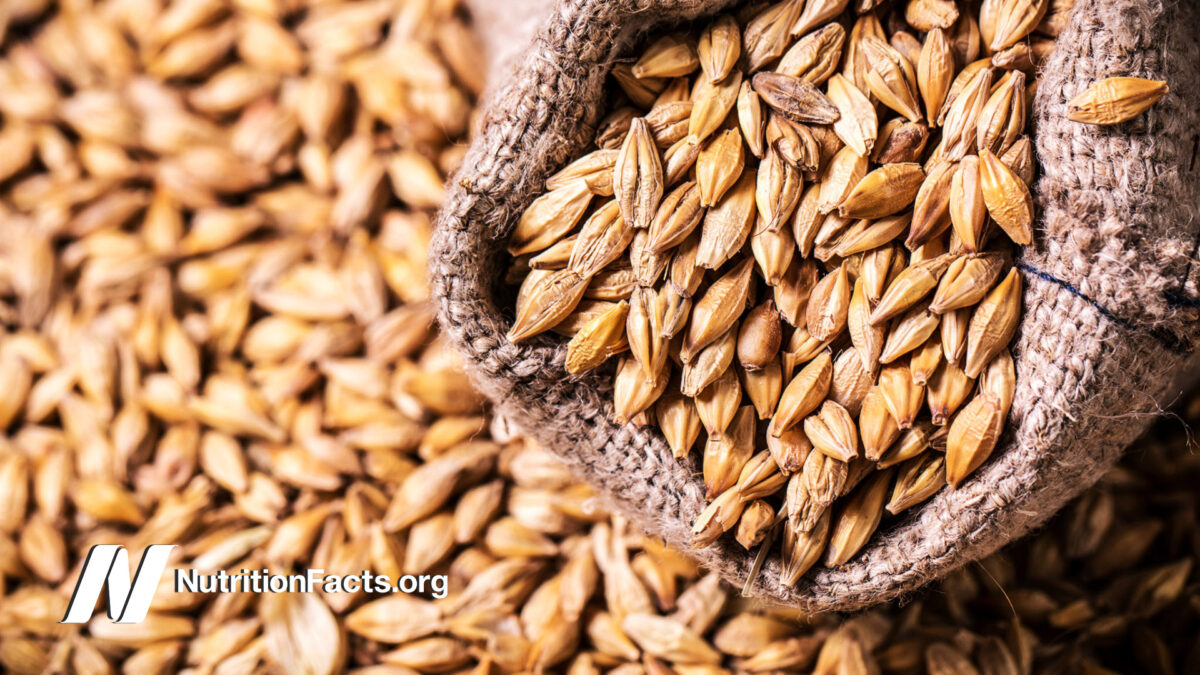
How to Cultivate a Healthy Gut Microbiome with Food
Our gut flora is determined by what we eat, for good or for ill.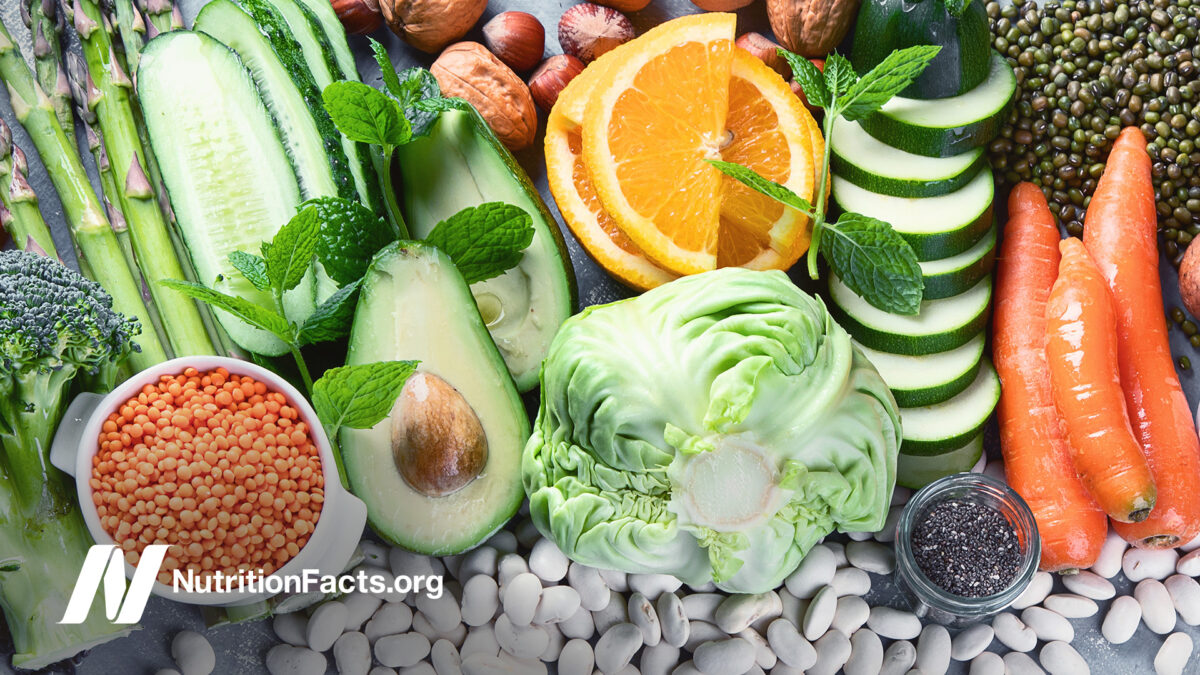
How to Keep Your Microbiome Healthy with Prebiotic Foods
We co-evolved a symbiosis with our good gut bacteria, but we are not holding up...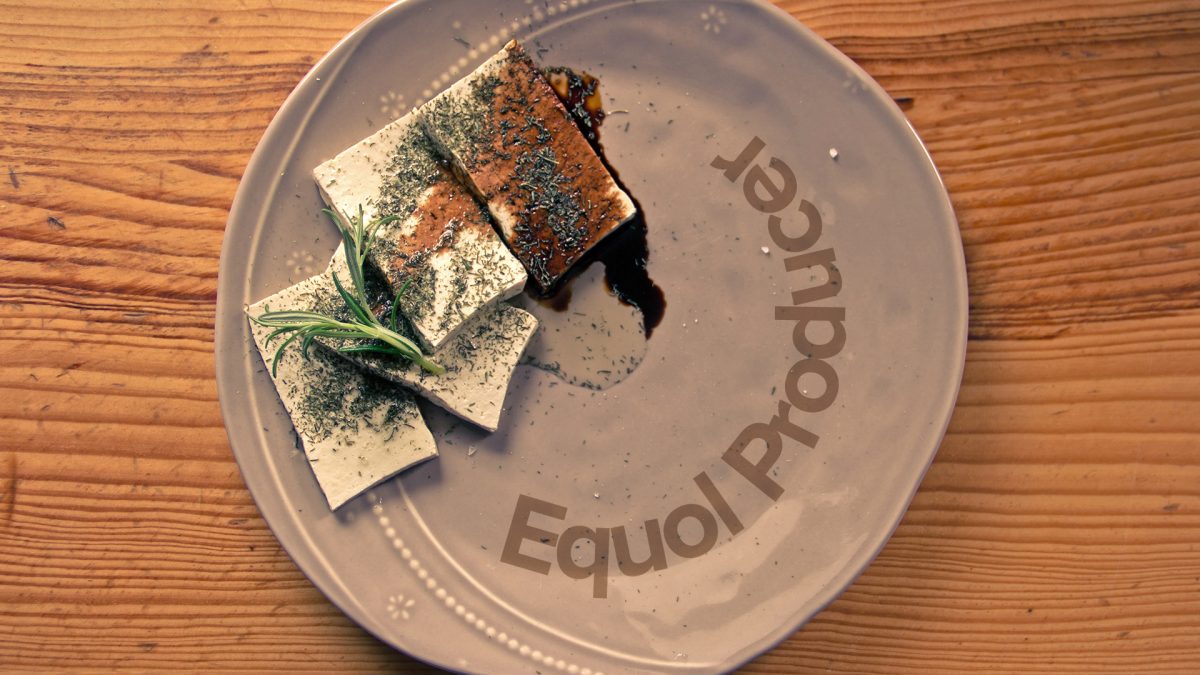
How to Convert Into an Equol Producer
Certain gut bacteria can supercharge the benefits of soy foods, resulting in even more bone...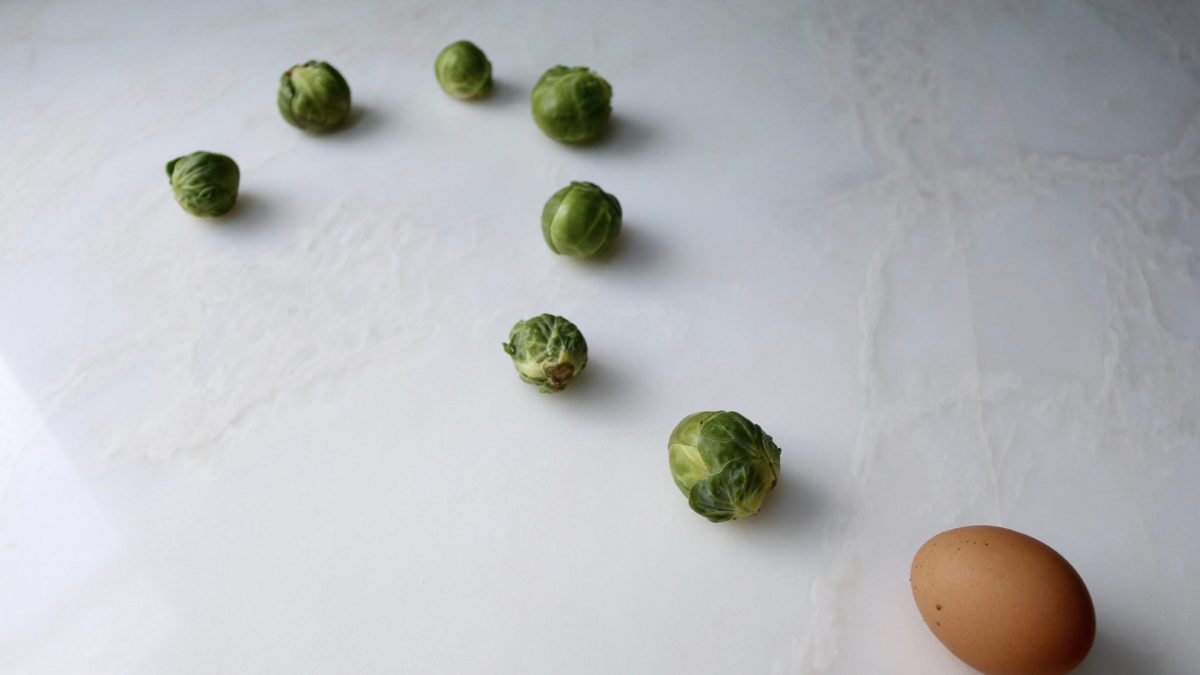
How to Reduce Your TMAO Levels
Should we be concerned about high-choline plant foods, such as broccoli, producing the same toxic...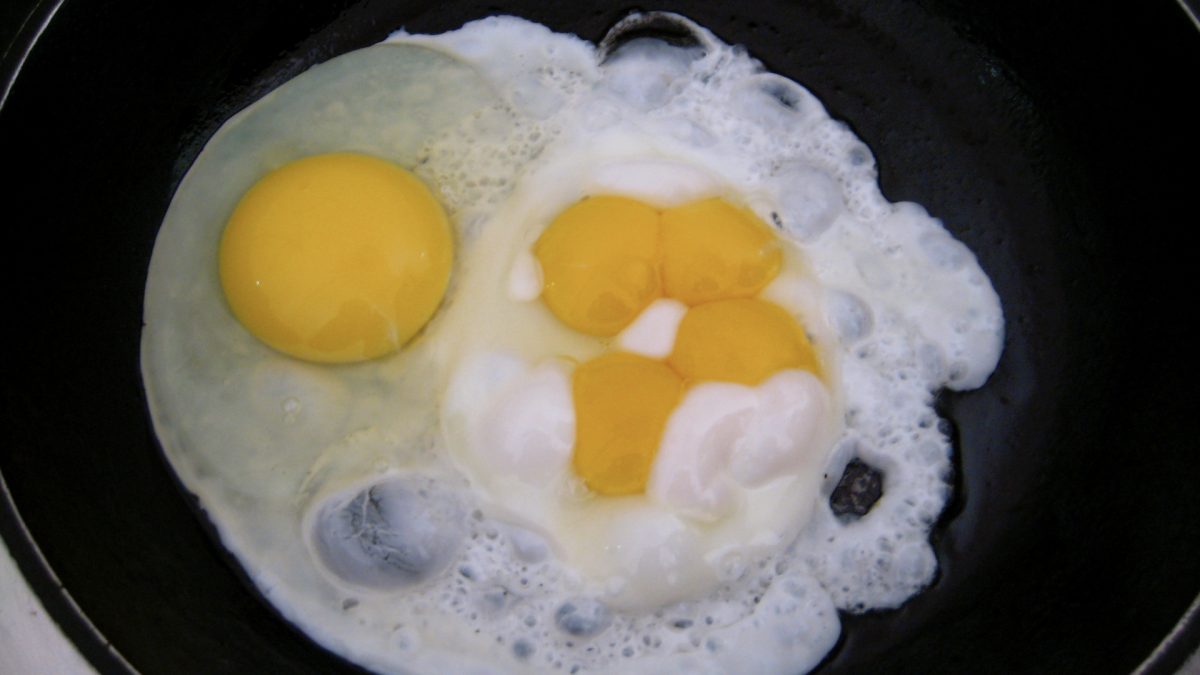
How Our Gut Bacteria Can Use Eggs to Accelerate Cancer
The reason egg consumption is associated with elevated cancer risk may be the TMAO, considered...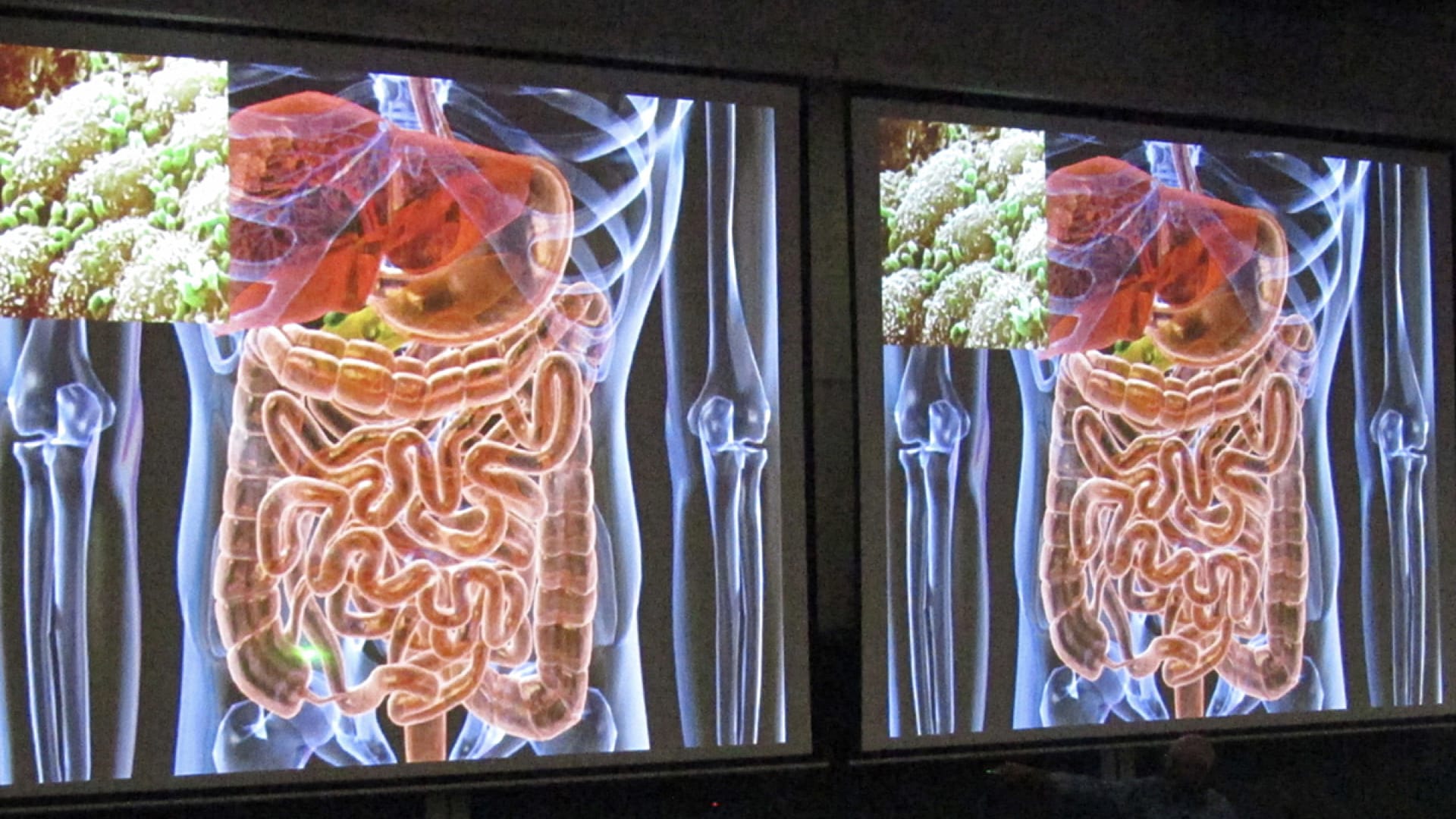
How to Become a Fecal Transplant Super Donor
What’s more important: probiotics or prebiotics? And where can we best get them?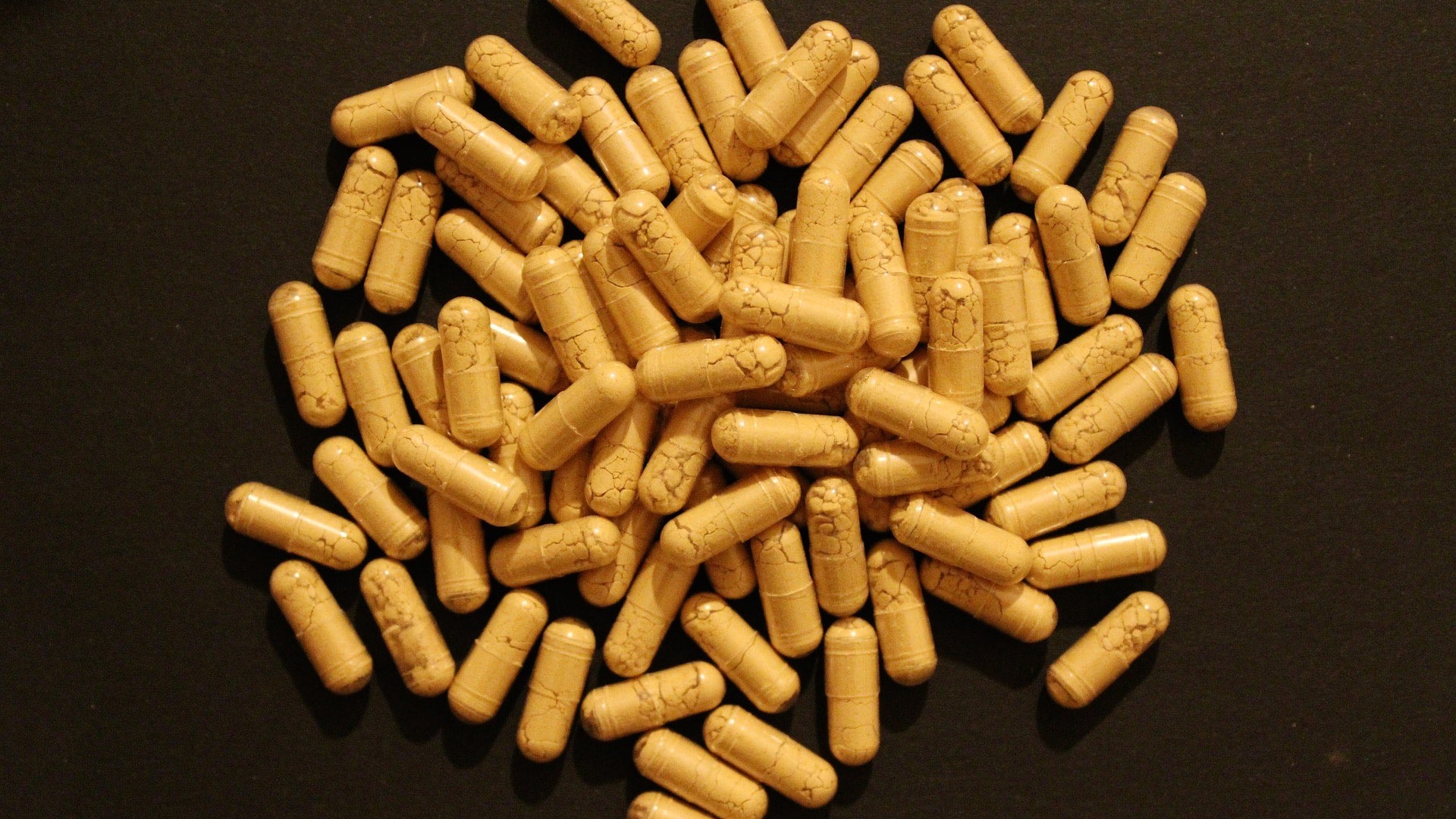
How to Develop a Healthy Gut Ecosystem
What we eat determines what kind of bacteria we foster the growth of in our...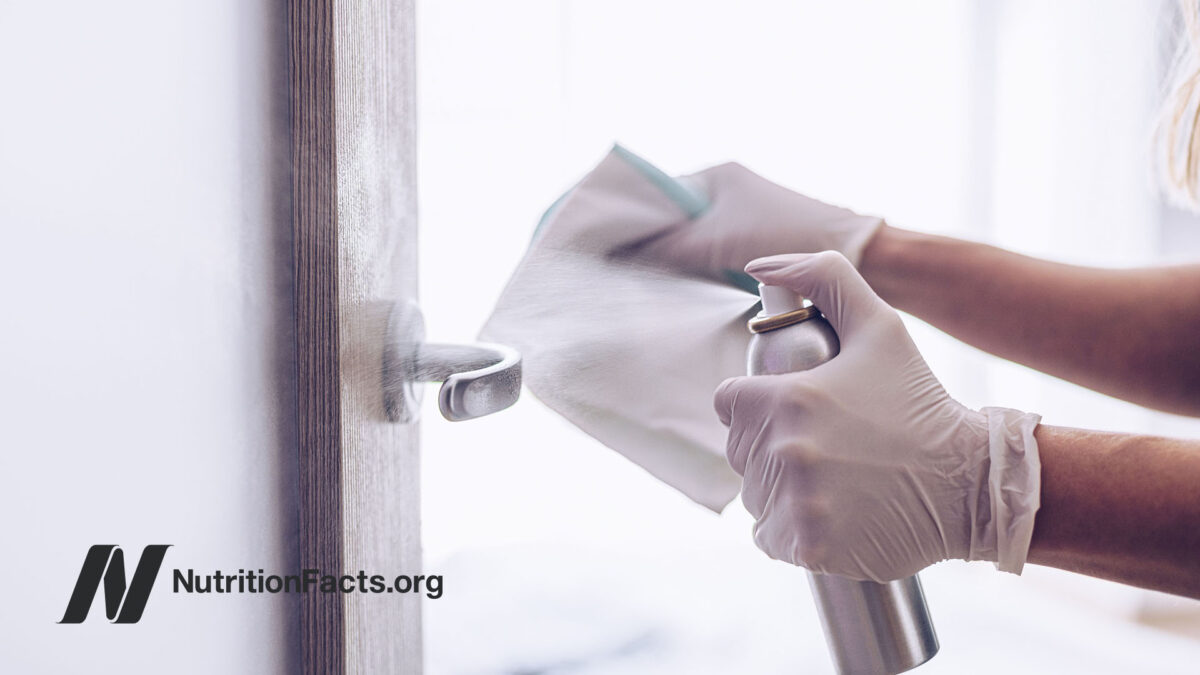
Is Obesity Infectious?
Given the role our gut bacteria can play in affecting our weight, having family and...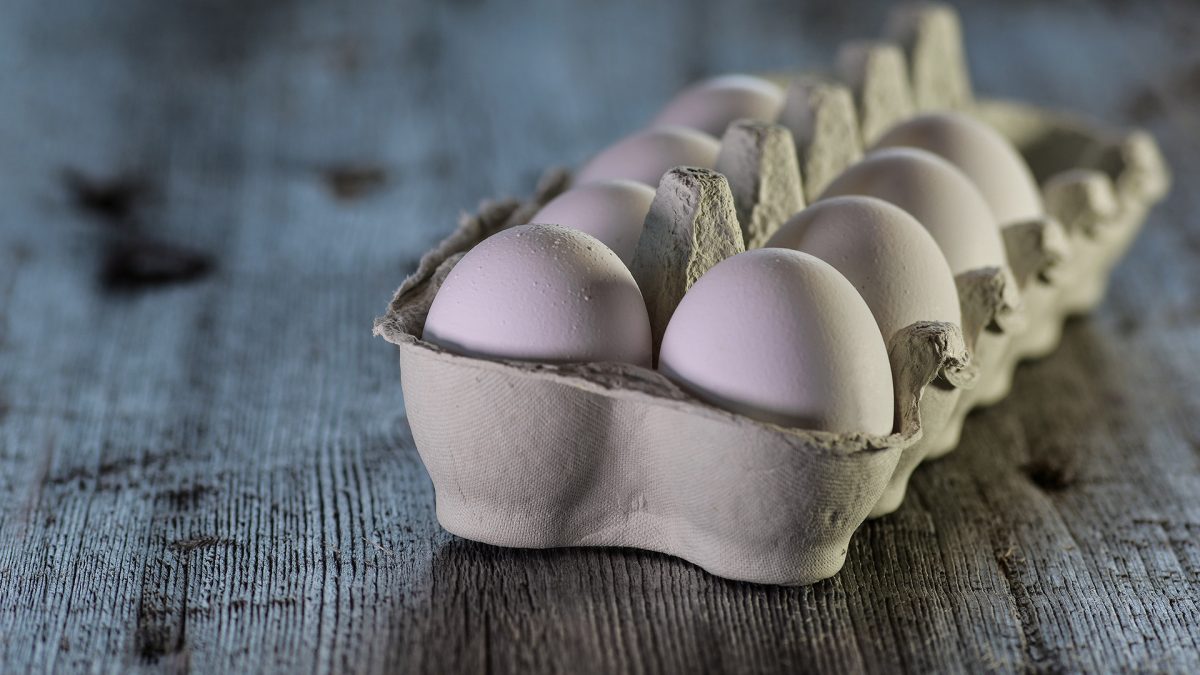
Egg Industry Response to Choline and TMAO
How the egg industry funded a study designed to cover up the toxic trimethylamine oxide...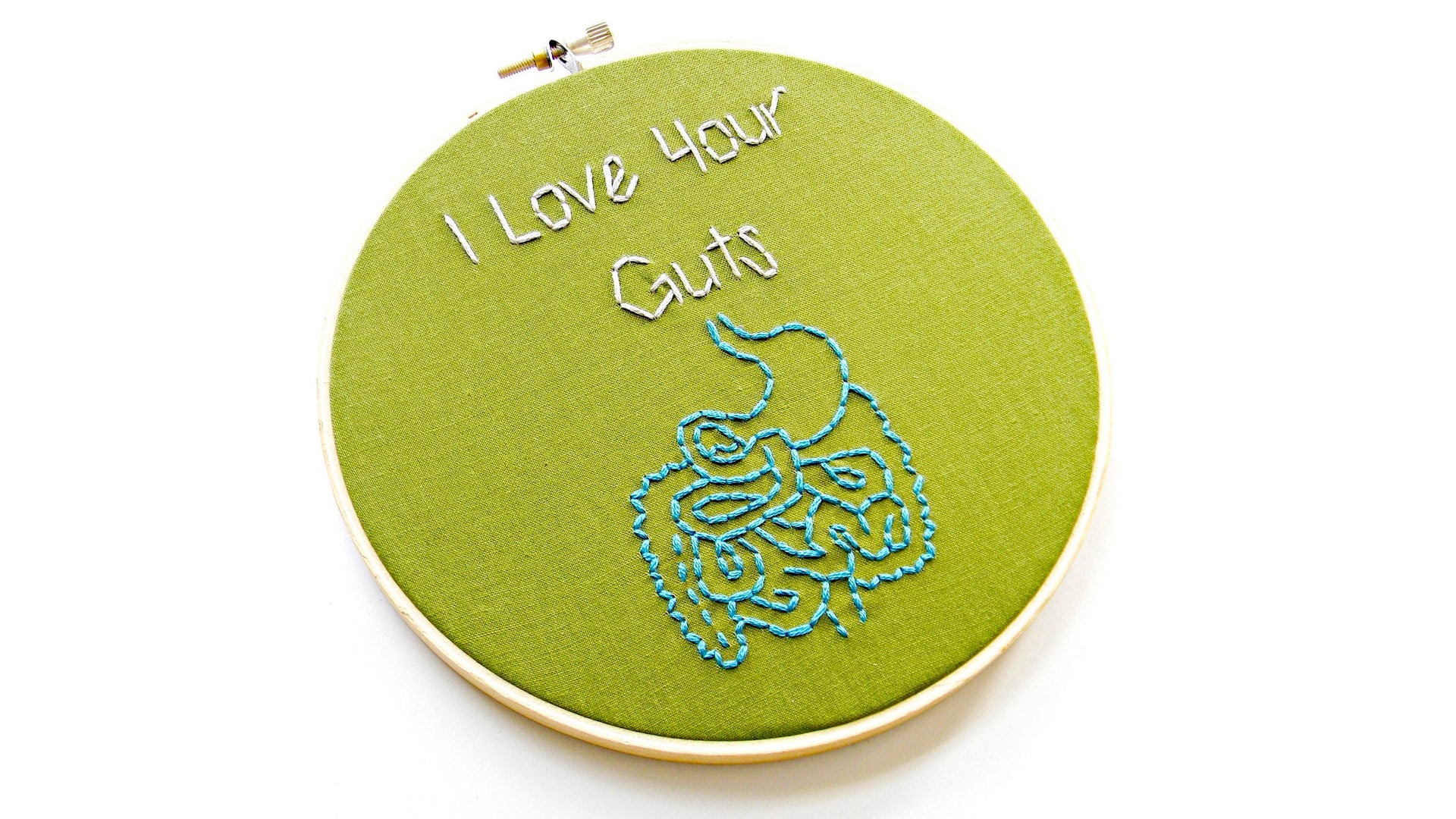
Gut Dysbiosis: Starving Our Microbial Self
Inadequate consumption of prebiotics—the fiber and resistant starch concentrated in unprocessed plant foods—can cause a...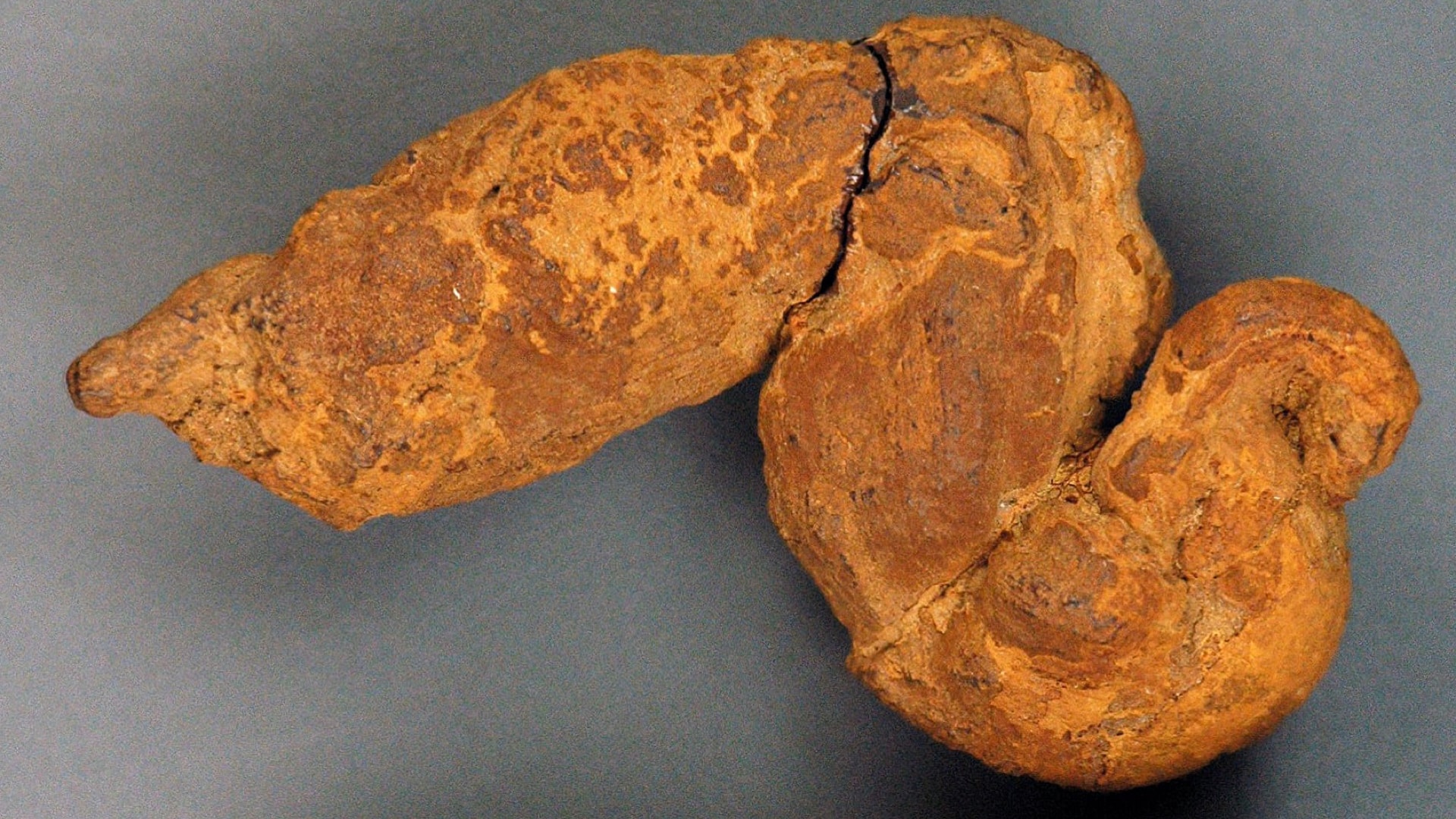
Paleopoo: What We Can Learn from Fossilized Feces
Ancient dietary practices based on analyzing the fiber content of fossilized human waste can give...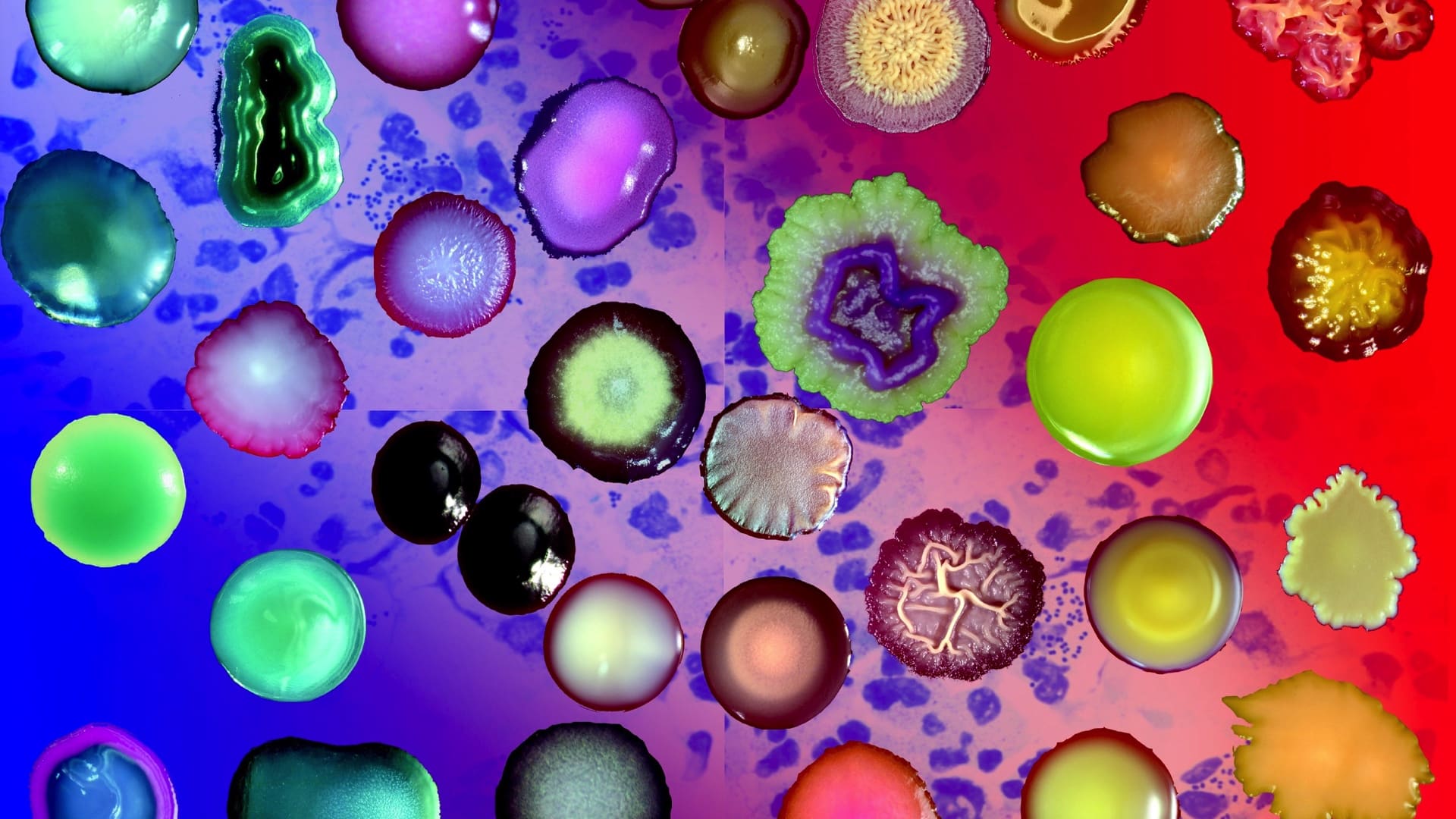
How to Change Your Enterotype
What happens to our gut flora microbiome when we’re on plant-based versus animal-based diets?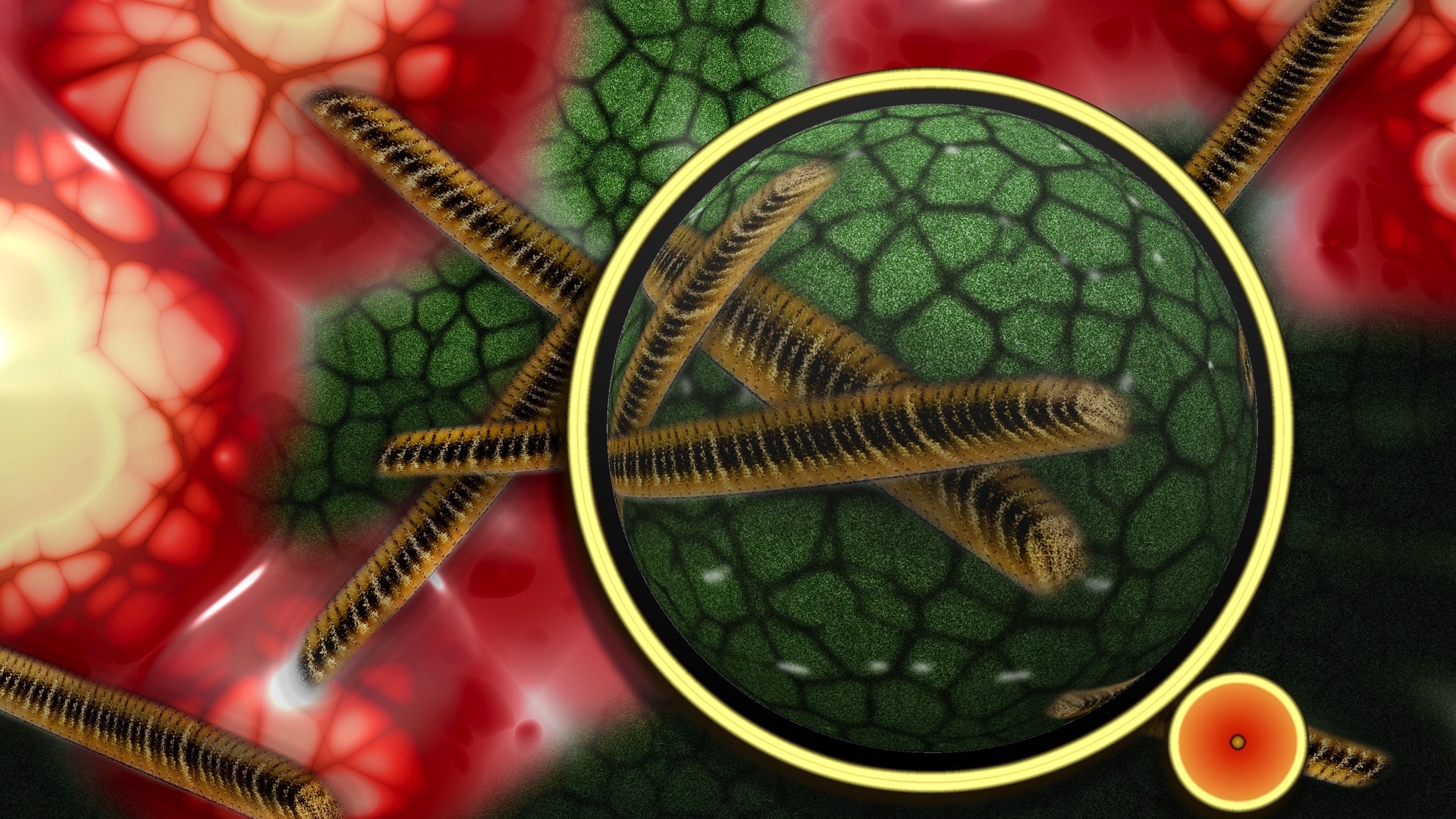
What’s Your Gut Microbiome Enterotype?
There appear to be just two types of people in the world: those who have...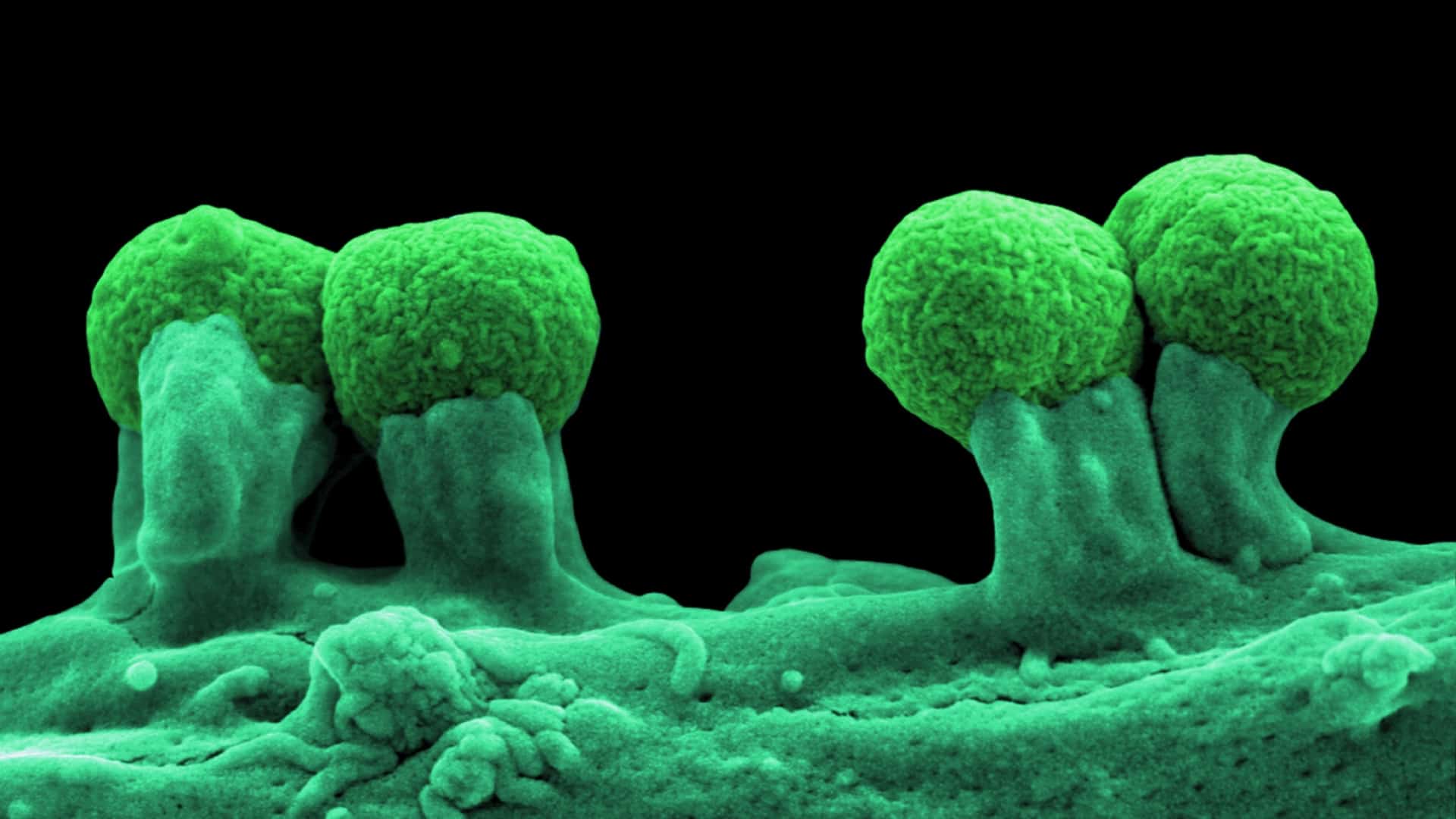
Prebiotics: Tending Our Inner Garden
Why does our immune system confuse unhealthy diets with dysbiosis—an overrun of bad bacteria in...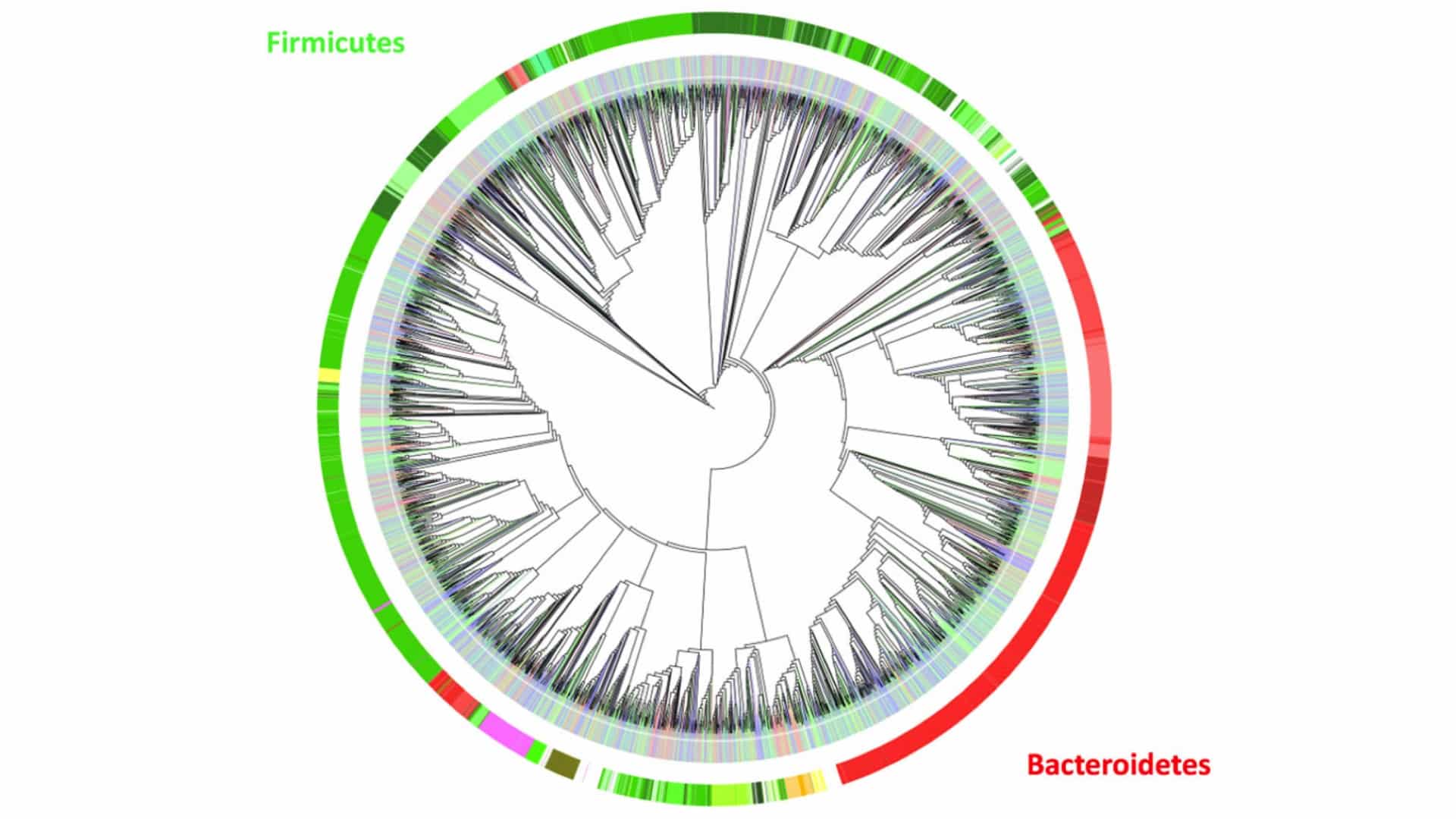
Microbiome: The Inside Story
The microbiome revolution in medicine is beginning to uncover the underappreciated role our healthy gut...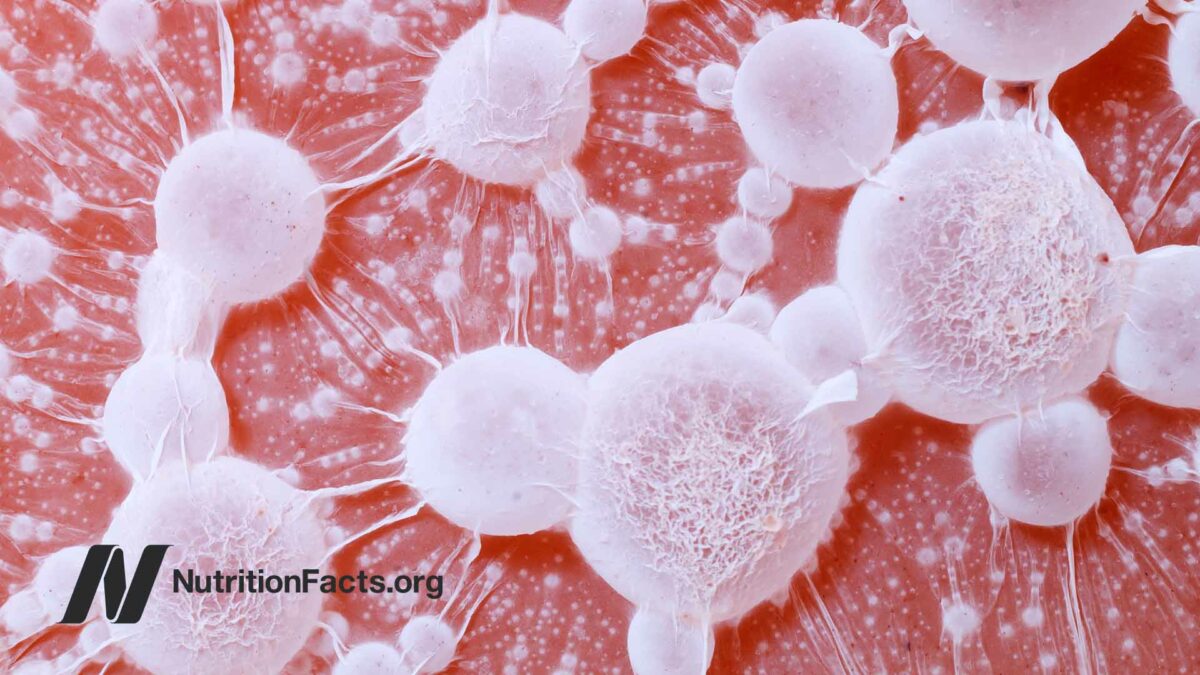
Putrefying Protein and “Toxifying” Enzymes
Certain gut bacteria can “retoxify” carcinogens that your liver successfully detoxified, but these bacteria can...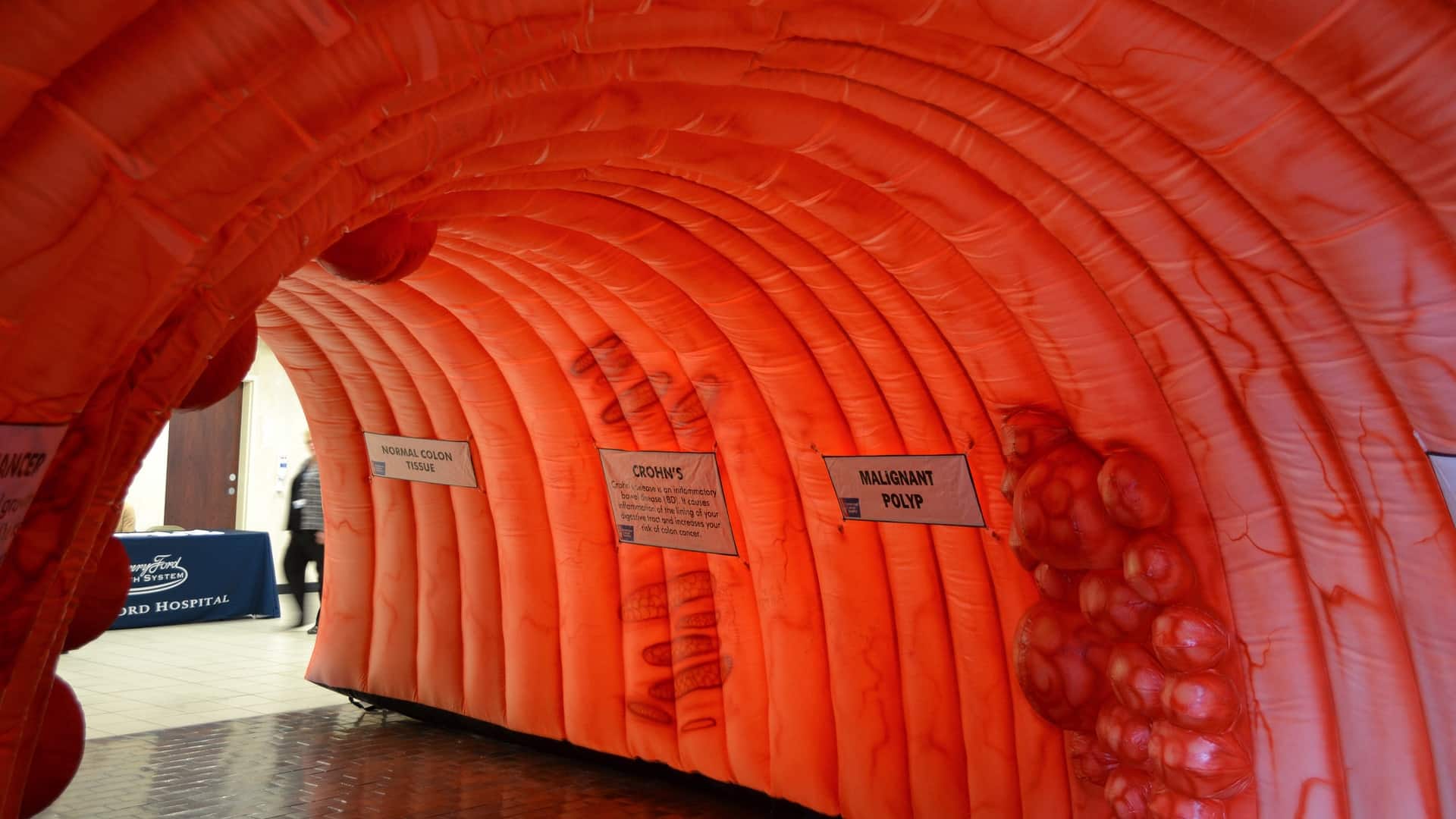
Stool pH & Colon Cancer
Fermentation of fiber in the gut may help explain the dramatic differences in colorectal cancer...
Bowel Wars: Hydrogen Sulfide vs. Butyrate
Sulfur dioxide preservatives in dried fruit, sulfites in wine, and the putrefaction of undigested animal...All Videos for Microbiome
-

Microbiome Manipulation with Oligomannate for Treating Dementia
A prebiotic derived from a type of brown seaweed is used for mild to moderate Alzheimer’s dementia in China. Does it work?
-

Fecal Transplant Experiments Show the Microbiome’s Role in Aging
Centenarian stool has anti-aging effects when fed to mice.
-

A Plant-Based Diet for Weight Loss: Boosting GLP-1 and Restoring Our Natural Satiety Circuit
Why does our natural GLP-1 satiety mechanism fail, and what can we do about it?
-

The Benefits and Side Effects of Probiotic Supplements
Probiotics can actually interfere with microbiome recovery after antibiotics, rather than facilitate it.
-

How to Prevent Wrinkles with Diet
The evidence supports the recommendation to follow a whole food, plant-based diet for healthier looking skin.
-

The Best Diet for COVID and Long-COVID
Healthy plant-based diets appear to help reduce the risk of severe COVID-19 and getting infected in the first place, even independent of comorbidities.
-

Fecal Transplants for Aging and Weight Loss
Does poop from centenarians have anti-aging properties?
-

Plant-Based Diet for Minimal Change Disease of the Kidney
What are the three reasons plant protein is preferable to animal protein for kidney protection?
-

Fecal Transplants for Ulcerative Colitis, MS, Depression, Bipolar, and Alcoholism
I go over randomized, controlled trials and case reports of stool transplants for various clinical conditions.
-

A Case of Stage 3 Cancer Reversal with Fasting
I go over a case report of water-only fasting, followed by a whole food, plant-based diet for follicular lymphoma.
-

How Does Oatmeal Help with Blood Sugars?
The prebiotic fiber in oats helps to explain why oatmeal can improve diabetic control.
-

The Best Diet for Fibromyalgia and Other Chronic Pain Relief
Anti-inflammatory diets can be effective in alleviating chronic pain syndromes.
-

The Purported Benefits of Vitamin K2: Should You Take Supplements?
Our body can make vitamin K2 from the K1 in green leafy vegetables.
-

Lower Protein Diet Proven to Help Kidney Disease
How might we cut the risk of dialysis and death in half?
-

The Potential Harm in Unnecessary Gluten-Free Diets
How might we prevent the inflammation from gluten-free diets?
-

Antibiotic Resistance Genes in the Guts of Vegetarians vs. Meat-Eaters
Those eating plant-based have a reduced load of antibiotic resistance genes in their gut.
-

Does the Sweetener Allulose Have Side Effects?
How safe are fourth-generation sweeteners, such as the rare sugar allulose?
-

How to Cultivate a Healthy Gut Microbiome with Food
Our gut flora is determined by what we eat, for good or for ill.
-

Food for Hair Growth
Hot peppers, soy foods, and pumpkin seeds may help with hair loss.
-

Fewer Than 1 in 5,000 Meet Sodium and Potassium Recommended Intakes
A staggering 99.99 percent of Americans fail to get the minimum recommended potassium intake (despite it being perhaps only half of our natural intake) and stay below the recommended sodium intake (even though it may be twice our natural intake).
-

Do the Health Benefits of Peanut Butter Include Longevity?
Why are nuts associated with decreased mortality, but not peanut butter?
-

How to Boost FGF21 with Diet for Longevity
Fasting and exercise can boost the longevity hormone FGF21, but what can we eat—or avoid eating—to get similar effects?
-

How to Keep Your Microbiome Healthy with Prebiotic Foods
We co-evolved a symbiosis with our good gut bacteria, but we are not holding up our end of the bargain.
-

How to Heal a Leaky Gut with Diet
The recommended diet for leaky gut treatment. Which foods and food components can boost the integrity of our intestinal barrier?
-

Avoid These Foods to Prevent a Leaky Gut
Avoid these foods for leaky gut prevention: common drugs, foods, and beverages can disrupt the integrity of our intestinal barrier.
-

Can Vegan Fecal Transplants Lower TMAO Levels?
If the microbiome of those eating plant-based diets protects against the toxic effects of TMAO, what about swapping gut flora?
-

The Role Meat May Play in Triggering Parkinson’s Disease
What does the gut have to do with developing Parkinson’s disease?
-

Fiber vs. Low FODMAP for SIBO Symptoms
It may not be the number of bacteria growing in your small intestine, but the type of bacteria, which can be corrected with diet.
-

Are Small Intestinal Bacterial Overgrowth (SIBO) Tests Valid?
Even if we could accurately diagnose SIBO, if there is no difference in symptoms between those testing positive and those testing negative, then what’s the point?
-

Are Emulsifiers Like Carboxymethylcellulose and Polysorbate 80 Safe?
Emulsifiers are the most widely used food additive. What are they doing to our gut microbiome?
-

The Best Diet for Crohn’s Disease Treatment
Switching to a plant-based diet has been shown to achieve far better outcomes than those reported on conventional treatments in both active and quiescent stages in both Crohn’s disease and ulcerative colitis.
-

The Best Diet for Ulcerative Colitis Treatment
Plant-based diets can be 98 percent effective in keeping ulcerative colitis patients in remission, blowing away other treatments.
-

Is Heme Iron the Reason Meat Is Carcinogenic?
Rectal biopsies taken before and after eating meat determine the potentially DNA-damaging dose of heme.
-

Does Heme Iron Cause Cancer?
Laboratory models suggest that extreme doses of heme iron may be detrimental, but what about the effects of nutritional doses in humans? A look at heme’s carcinogenic effects.
-

The Health Effects of Mycoprotein (Quorn) Products vs. BCAAs in Meat
Clinical trials on Quorn show that it can improve satiety and help people control cholesterol, blood sugar, and insulin levels.
-

The Health Benefits of Sorghum
Learn why sorghum is one of my favorite new grains.
-

Fasting for Rheumatoid Arthritis
Fasting, followed by a plant-based diet, is put to the test for autoimmune inflammatory joint disease.
-

The Best Diet for Weight Loss and Disease Prevention
The most effective diet for weight loss may also be the healthiest.
-

What Not to Eat for Stroke Prevention
What is the relationship between stroke risk and dairy, eggs, meat, and soda?
-

Pandemics: History and Prevention
How to treat the cause by preventing the emergence of pandemic viruses in the first place (a video I recorded more than a decade ago when I was Public Health Director at the HSUS in Washington DC).
